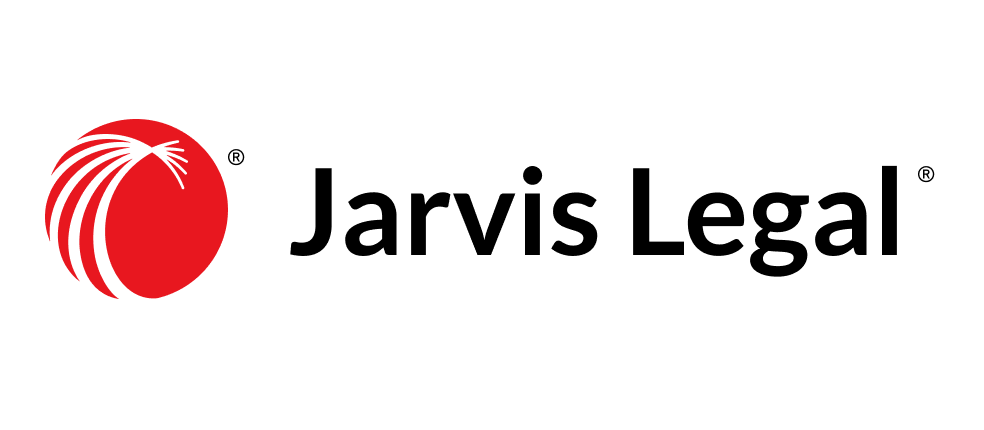Little known, the Organization for the Harmonization of Business Law in Africa is nevertheless one of the major players working for African economic development.
What is OHADA law?
The Organization for the Harmonization of Business Law in Africa (OHADA) is an intergovernmental organization established to establish a common legal framework for business law in African countries.
It was created on October 17 1993 by the Treaty of Port-Louis relating to the harmonization of business law in Africa. This treaty was revised on the same date in 2008 in Quebec.
The organization currently includes 17 Member States : Benin, Burkina-Faso, Cameroon, Central African Republic, Ivory Coast, Congo, Comoros, Gabon, Guinea, Guinea-Bissau, Equatorial Guinea, Mali, Niger, Democratic Republic of Congo (DRC), Senegal, Chad and Togo.
How does the organization for the harmonization of business law in Africa work?
OHADA is based on 5 organs.
• The Conference of Heads of State and Government: it is the political body. Operating on a rotating presidency system (in 2018, Gabon), its role is to define the general orientations of the policy to be pursued within the organization.
• The Council of Ministers of Justice and Finance: it is the legislative body. The Council of Ministers has decision-making power, control of institutions and authorization of the budget. It also deliberates and adopts common standards called “uniform acts”, regulations and decisions.
• The Permanent Secretariat: this is the executive body. Directed by a secretary general elected for 4 years, the secretariat prepares draft uniform acts, regulations and decisions. He represents the organization in its relations with third parties.
• The Common Court of Justice and Arbitration (CCJA): it is the common jurisdictional body. It takes precedence over national courts of justice. Made up of 13 judges elected for 7 years, it hears appeals against court decisions rendered on OHADA law by the courts of member states. It also has a leading role in arbitration matters. Above all, it ensures the interpretation of decisions taken on the basis of the treaty in order to promote harmonious application of the law resulting from the treaty. Equipped with the power of evocation, the Court can rule directly on the merits of a dispute if it considers it necessary.
• The Higher Regional School of Magistracy (ERSUMA): the School is responsible for the training of future magistrates and magistrates already in office.
Why does Africa need an organization like OHADA?
Created to control legal insecurity, this organization aims to achieve a stable climate that gives confidence to economic investments.
How to obtain more legal certainty? The most important of OHADA's projects is the unification and harmonization of the standards in force.
Thus, the desire of the organization is to succeed in enacting common rules. The key is better readability of standards necessary for simplification of business relations.
These common and stable rules have the enormous advantage of making the right predictable. A cardinal value for foreign and African investors alike, predictability is reassuring. Secure, business can continue under good auspices without fear of sudden and random legislative variations.
A real plus for its members, OHADA gives them a competitive advantage over other countries. For example, in 2018 in Madagascar, 70% of private sector actors were in favor of the country's entry into OHADA.
Finally, another major project of the African organization: Training personnel. Always with the aim of legal security, the image given by the justice system must be impeccable and it must demonstrate unfailing independence.
Positive economic and legal effects for the African continent
Concretely, in 20 years, 10 uniform legal acts have been adopted covering a broad spectrum of business law: general commercial law, mediation, transport of goods by road, cooperative societies, commercial companies, arbitration, accounting and financial information, collective procedures, means of execution and securities. Of immediate application if adopted unanimously by the Council of Ministers, these uniform acts are therefore distinguished by their speed.
For example, OHADA wanted to highlight arbitration. In 2017, a uniform act allowed better execution of arbitral awards, thus making them more effective. In the same vein, amicable remedies such as mediation are valued. In 2017, a uniform act even brings mandatory value to mediation, filling the legal void existing in certain States.
In 2010, OHADA agreed on common definitions to certain pivotal notions of commercial law: the status of merchant, goodwill, etc. Not to mention the abundant case law of the Court.
From a strictly point of view economic, the fallout from OHADA was not long in coming. In 2016, the World Bank estimated the GDP of the OHADA geographic area at $275 billion. Since then, this GDP has increased regularly and significantly.
For the future, the organization's projects for the harmonization of African law are still numerous. One of the current challenges is to make OHADA law more focused on digital technologies notably thanks to Legaltech. For example, Legaltech could work to make legal services more accessible to small African businesses.

